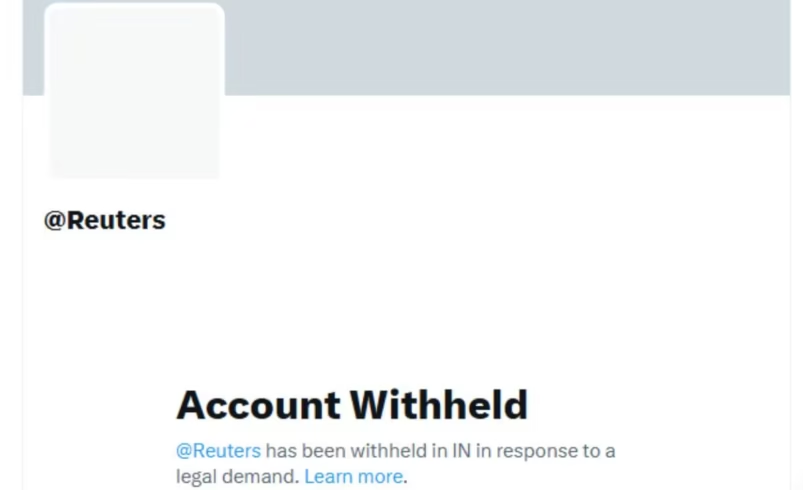Elon Musk’s X Challenges India’s Alleged Press Censorship
- July 8, 2025
- 0

Elon Musk’s social media platform, X, has raised serious concerns over what it describes as “press censorship” in India. This follows the blocking of accounts belonging to international news agency Reuters. The Indian government, however, has denied any involvement in the decision to take Reuters’ accounts offline within the country. A government spokesperson clarified that there was no directive from India to withhold Reuters and emphasized ongoing collaboration with X to resolve the issue. On July 3, 2025, X reported that the Indian government ordered the blocking of 2,355 accounts, including those of Reuters, under Section 69A of the Information Technology Act. The directive required immediate compliance within one hour and did not provide any justification for the action. X stated that failure to comply could result in criminal liability, leaving them with no option but to adhere to the order. The company has advised affected users to seek legal recourse through the courts. X’s Global Government Affairs team highlighted that the Ministry of Electronics and Information Technology demanded swift action without explanation and insisted that the accounts remain blocked until further notice. Following public backlash, there was a request from the government to unblock Reuters’ accounts. Expressing deep concern over what it perceives as ongoing press censorship in India, X is exploring all available legal avenues. However, due to Indian legal constraints, X is limited in its ability to challenge these executive orders directly. The platform encourages users impacted by these actions to pursue legal remedies independently. This incident is not isolated; X has previously criticized similar government orders. In March, it filed a lawsuit against the Indian government, alleging misuse of information technology laws to enforce an “unlawful blocking regime.” The petition referenced a Supreme Court ruling from 2015 that struck down Section 66A of the IT Act. Additionally, X argued that Section 79(3)(b) was being used improperly to bypass Section 69A’s safeguards, allowing widespread issuance of information blocking orders by various authorities.